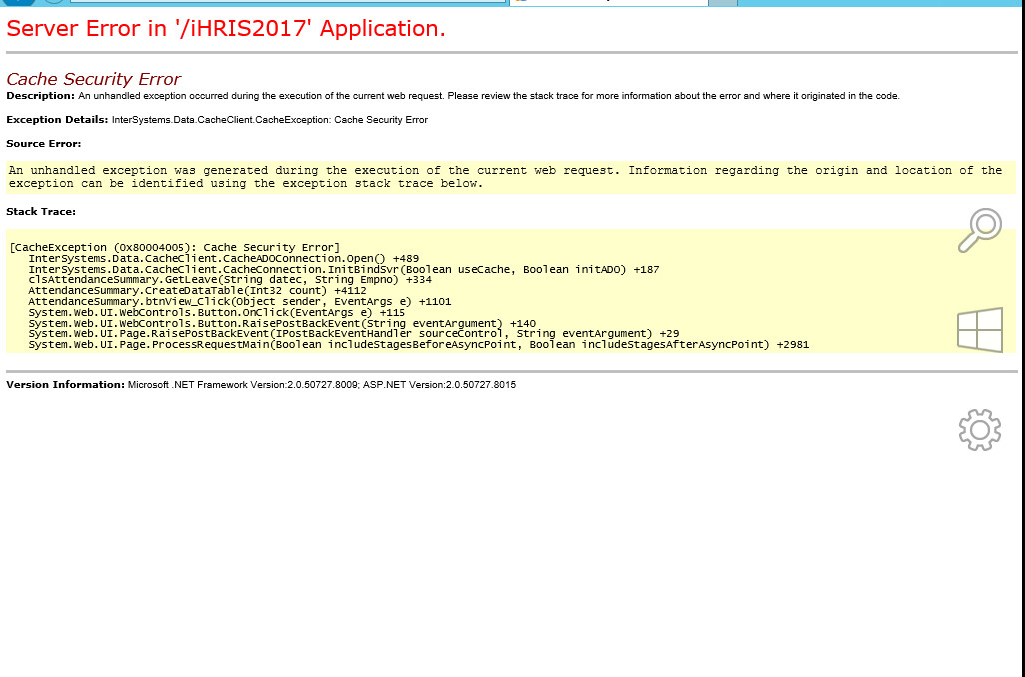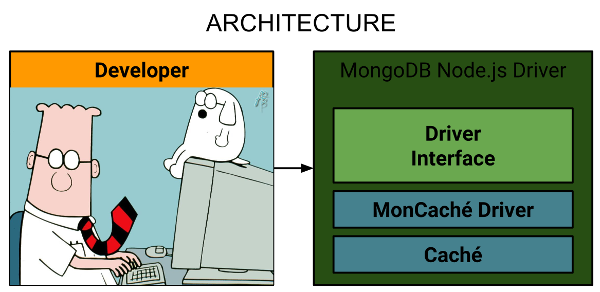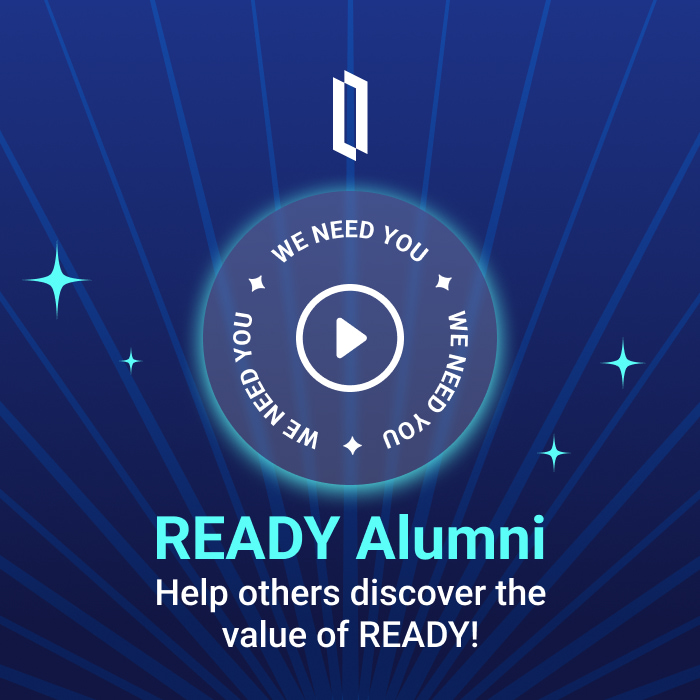Hi,
Has anyone ever estimated the amount of disk space consumed by the iKnow indexing process ? I know this will be a rough estimate, but, I imagine that for sizing purposes, that would be enough.
The language the unstructured text is in is English.
thanks in advance -
Steve



